Congress may be on recess for the month of August, but the House Judiciary, Oversight and Accountability, and Ways and Means Committees are pressing forward with yet another investigation – this time into the sweetheart plea deal that Hunter Biden nearly snagged from his father’s Department of Justice (DOJ) on federal tax and gun charges. The deal was scuttled (at least temporarily) after Delaware District Court Judge Maryellen Noreika raised questions at Wednesday’s hearing about the highly unusual structure of the deal, which ultimately exposed that either the DOJ attorneys and Hunter’s attorneys failed to have a true meeting of the minds regarding the scope of the immunity being offered to Hunter or were trying to pull a fast one on the judge. (Perhaps both?)
While the defense and prosecution have 30 days to file briefs as to the propriety of the plea and diversion agreements, the chairmen of the above-referenced committees – Jim Jordan (R-OH), James Comer (R-KY), and Jason Smith (R-MO), respectively – have directed a letter to Attorney General Merrick Garland launching an inquiry into the deal. The six-page letter sets forth in detail their concerns about the nature of the deal and “the Department’s decision to sign off on such apparently atypical agreements.”
The chairmen also issued a press release that includes excerpts from the letter highlighting the rationale for the investigation and includes a list of the information and documentation they are requesting from the DOJ by no later than August 14. The release reads, in pertinent part:
Excerpts of the letter:
Paragraph 14 of the Pretrial Diversion Agreement
“Judge Noreika raised substantial concerns with paragraph 14 of the pretrial diversion agreement. Normally, if the Department determines that a defendant has breached a pretrial diversion agreement, it can unilaterally decide to bring charges against that defendant; it does not require the District Court’s permission to do so. But as described by Judge Noreika, paragraph 14 of Mr. Biden’s pretrial diversion agreement:
‘says if the United States believes that a knowing material breach of this agreement has occurred, it may seek a determination by the United States District Judge for the District of Delaware with responsibility for the supervision of this agreement. It then goes on to say that if I do find a breach, then the government can either give the Defendant time to remedy the breach or prosecute him for the crime that is the subject of the information or any other that falls within the language of the agreement.’
“Thus, paragraph 14 of the pretrial diversion agreement means that unless Judge Noreika makes a finding that the pretrial diversion agreement has been breached, ‘no criminal charges can be pursued [against Mr. Biden] for the gun charge or any other federal charge within the scope of the agreement not to be prosecuted.’
“At the hearing, Judge Noreika asked the Special Assistant United States Attorney (SAUSA) whether he ‘ha[d] any authority that any Court has ever accepted that or said that they would do that?’ The SAUSA responded, ‘No.’ Moreover, Judge Noreika expressed concerns about the constitutionality of the provision because ‘it makes me a gatekeeper to criminal charges and puts me in the middle of a decision as to whether to bring a charge.’ She noted, ‘[T]he government does not have discretion to continue to pursue this charge or any other charge unless you include the Court. And that seems like it’s getting outside of my lane in terms of what I am allowed to do.’
“Judge Noreika reiterated: ‘I asked if there is any precedent for this, I was told no. I was asked if there is any authority for this, I was told no.’
Paragraph 15 of the Pretrial Diversion Agreement
“Paragraph 15 of the pretrial diversion agreement states: ‘The United States agrees not to criminally prosecute Biden, outside of the terms of this Agreement, for any federal crimes encompassed by the attached Statement of Facts (Attachment A) and the Statement of Facts attached as Exhibit 1 to the Memorandum of Plea Agreement filed this same day.’ This grant of immunity in the pretrial diversion agreement therefore not only covers the gun-related conduct addressed by the pretrial diversion agreement but also the entirely unrelated conduct covered by the plea agreement.
“During the hearing, Judge Noreika questioned the Department about this apparently unusual provision, asking whether the SAUSA ‘had any precedent for agreeing not to prosecute crimes that have nothing to do with the case or the charges being diverted.’ The SAUSA responded: ‘I’m not aware of any, Your Honor.’ Judge Noreika followed up by asking the prosecutor: ‘[H]ave you ever seen a Diversion Agreement where the agreement not to prosecute is so broad that it encompasses crimes in a different case?’ The SAUSA’s answer was ‘No.’
Impact of Unusual Provisions
“Taken individually, each of the provisions discussed above raises serious concerns about how the Department has handled this matter. But when considered together, the provisions appear to be even more troubling. Judge Noriega explained the problem: ‘What’s funny to me is you put me right smack in the middle of the Diversion Agreement that I should have no role in, you plop [me] right in there and then on the thing that I would normally have the ability to sign off on or look at in the context of a Plea Agreement, you just take it out and you say Your Honor, don’t pay any attention to that provision not to prosecute because we put it in an agreement that’s beyond your ability.’
“In short, the Department shifted a broad immunity provision, which benefits Mr. Biden, from the plea agreement to the pretrial diversion agreement apparently to prevent the District Court from being able to scrutinize and reject that immunity provision. And then, the Department has benefitted Mr. Biden by giving up its unilateral ability to bring charges against him if it concludes that he has breached the pretrial diversion agreement. Instead, it has placed upon itself the burden of getting the District Court’s permission to bring charges even though the District Court normally has no role in policing a pretrial diversion agreement in that manner. So, the District Court is apparently removed from the equation when it helps Mr. Biden and inserted into the equation when it helps Mr. Biden.
Status of Ongoing Investigation
“The Committees are also concerned that, contrary to its representations to the Judiciary Committee, the Department may be claiming that other investigations into Mr. Biden are ongoing to shield the Department from Congressional oversight about this matter. In that regard, it was notable that Mr. Biden’s counsel stated at the hearing that it was his understanding that the immunity provision in the pretrial diversion agreement would preclude the Department from bringing charges against Mr. Biden under the Foreign Agents Registration Act. While the Department did not agree with that position, it is difficult to understand how the parties would not have a meeting of the minds regarding a clause of the agreement as fundamental as the scope of the immunity provision, and it raises questions about what discussions have taken place between the Department and Mr. Biden’s counsel regarding the status of those investigations.
The information and documentation requested include the following:
1. Other than Mr. Biden’s case, how many times in the last ten years has the U.S. Attorney’s Office for the District of Delaware included in a pretrial diversion agreement a provision similar to paragraph 14 of the agreement with Mr. Biden? What percentage of the total pretrial diversion agreements entered into by the U.S. Attorney’s Office for the District of Delaware does that number represent?
2. Other than Mr. Biden’s case, how many times in the last ten years has any unit of the Department included in a pretrial diversion agreement a provision similar to paragraph 14 of the agreement with Mr. Biden? What percentage of total pretrial diversion agreements entered into by the Department does that number represent?
3. Other than Mr. Biden’s case, how many times in the last ten years has the U.S. Attorney’s Office for the District of Delaware included in a pretrial diversion agreement an agreement not to prosecute crimes that are unrelated to the charges being diverted? What percentage of the total pretrial diversion agreements entered into by the U.S. Attorney’s Office for the District of Delaware does that number represent?
4. Other than Mr. Biden’s case, how many times in the last ten years has any unit of the Department included in a pretrial diversion agreement an agreement not to prosecute crimes that are unrelated to the charges being diverted? What percentage of the total pretrial diversion agreements entered into by the Department does that number represent?
5. Did the U.S. Attorney’s Office for the District of Delaware or Mr. Biden’s counsel suggest placing paragraph 14 into the pretrial diversion agreement and requiring the District Court to give the Department permission to bring charges against Mr. Biden in the event the Department determines that he has breached the agreement?
6. Did the U.S. Attorney’s Office for the District of Delaware or Mr. Biden’s counsel suggest placing in the pretrial diversion agreement immunity for conduct described in the plea agreement?
“Additionally, to advance our oversight and inform potential legislative reforms, please provide the Committees with the following documents and information:
1. A list of similar pretrial diversion agreements entered into by the Department in the last ten years concerning the same charge of felony possession of a firearm by a person who is an unlawful user of or addicted to a controlled substance;
2. All documents and communications referring or relating to each similar pretrial diversion agreement entered into by the Department in the last ten years concerning the same charge of felony possession of a firearm by a person who is an unlawful user of or addicted to a controlled substance;
3. A list of pretrial diversion agreements entered into by the Department in the last ten years that include a provision similar to paragraph 14 of the agreement with Hunter Biden;
4. A list of pretrial diversion agreements entered into by the Department in the last ten years in which the Department agrees not to prosecute crimes that are unrelated to the charges being diverted;
5. A generalized description of the nature of the Department’s ongoing investigation(s) concerning Hunter Biden; and
6. An explanation of why the Department originally agreed to a plea agreement if other investigation(s) concerning Hunter Biden are ongoing.”
Now comes the back-and-forth between the committees and DOJ. Will the DOJ willingly provide the information requested? And will it do so by August 14th? Let’s not hold our breath on that, but either way, RedState will provide updates as they become available.
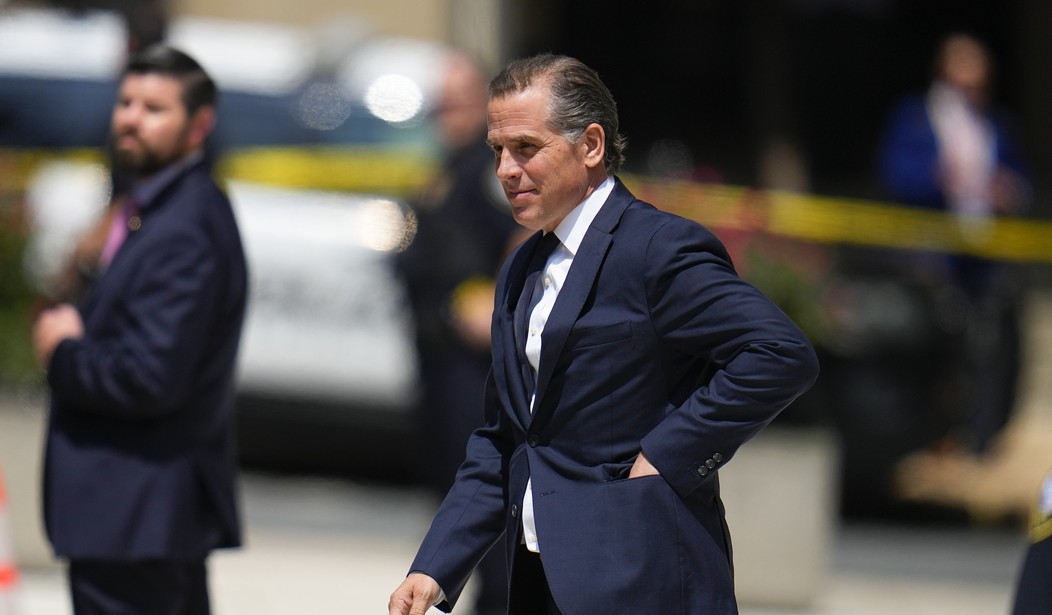


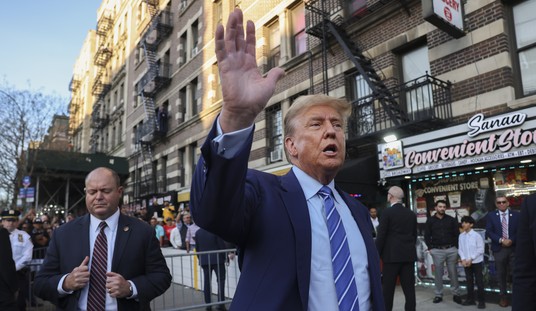

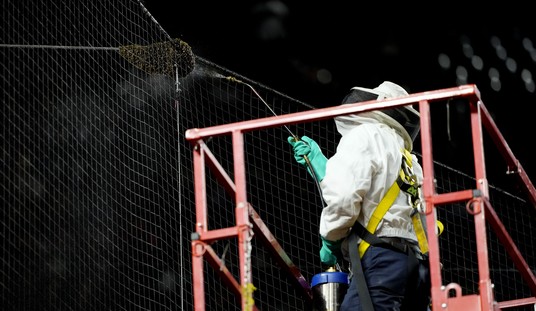
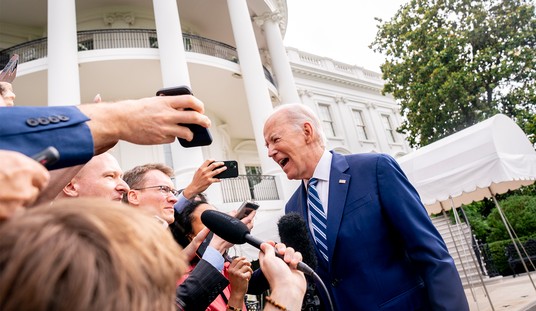



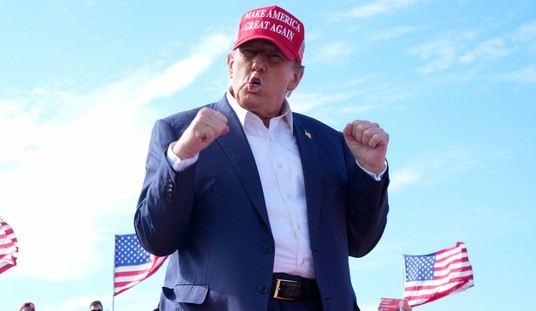

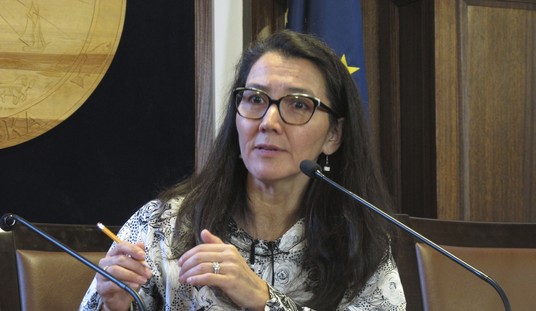

Join the conversation as a VIP Member